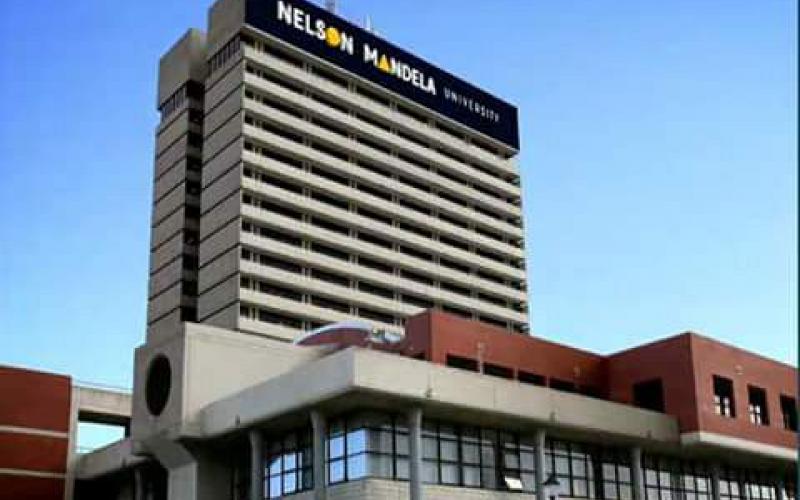
At this stage of the revolution, the student movement must sharpen its tools of analysis and wage a fight against the hijacking of decolonisation by university managers and its commodification by the market.
The risk here is that universities are inherently conservative, and they tend to lean towards the liberal right in their organisational approaches and socio-political practices.
One often hears this from its vocabulary, which is carefully selected so that when it is finally verbalised, it does not go on to offend the racists who are listening to the speech or reading the text.
As a socio-political practice, when the university wants to say: “it wants more black students to access the system and be academics that are going to offer a black pedagogy”, the university would rather switch to its usual liberal and colour-blindness discourse and rather say: “we want equal and equitable measures in university enrolments in order to achieve an academic system that is socially just”. Words and aims that do not carry any sense of urgency to shake and dismantle the status quo.
As an organisational approach, when the university is confronted with a clear case of racism, it would organise a “counselling session” for the victim and a “diversity management workshop” for the perpetrator instead of permanently removing the racist from the university and begin a programmatic mission that will culturally, academically, financially, and systematically remove all the structural contours which make whiteness thrive effortlessly in the university.
The struggle for the decolonisation of higher education can easily be taken by the university and get reinterpreted into being something less than the actual radical objectives it seeks to achieve.
The first hijacking happened with the noble causes of non-racialism and reconciliation. These two concepts were revolutionary programmes of the liberation struggle, which were articulated along the lines of realising a South African society that has united communities that are free of racism, sexism, and inequality. The university system hijacked non-racialism and reconciliation and it made them to be feeble phrases that entail tolerance towards racist and sexist practices and an acceptance of white supremacy in the production and maintenance of knowledge.
In addition, this practice included the silencing of student dissent and the zombification of the labour movement in the university. In fact, the racist faction in the higher education system ridiculously interpreted non-racialism and reconciliation as the numerical recycling of white faces in positions of authority with an inclusion of a few black faces that have a good track record of keeping the white project peacefully intact.
The second hijacking happened with the term called transformation. The conservative university quickly weakened this term from being a purposeful scholarship project that will advance knowledge of the previously oppressed population, and it made it into being an employment-promotion slogan that seeks to only gate-keep white people from recycling each other in executive positions of power in public universities because more blacks are coming.
The third hijacking is targeting decolonisation and it is currently underway. This one entails publication and citing olympics between academics themselves for career promotion purposes, the establishment of new offices in the periphery of the same university system that will supposedly do the decolonising work for all of us, the flexing of despondent verbosity through countless seminars, which have no tangible outputs, and the doing and re-doing of the same stuff that lacks criticality with the same topics worldwide under the disguise of contextuality.
I cannot forget the semantic games between academic departments and support-staff departments of the same university. The fierce competition between them as to who can be seen to be carrying the decolonisation slogan on their events the most and who is able to produce volumes of thick reports that entail anything and everything that can be given the title of decolonisation when it is time to give annual reports to the supervising body in order to recycle legitimacy and budgetary increases. The so-called “diversity month” in our university suffered the same abusive fate. All in all, it is just games with nothing substantive and applicable in the actual decolonial turn that the university must actually take in its scholarship habits and practices.
The student movement, unfortunately, must again shoulder the responsibility of identifying this ugly university tendency and fight against it. The struggle for free education and a decolonised curriculum will require a constant intellectual rhythm both in the periphery camps of student engagement and within the mainstream platforms of the university in order to challenge the ugly tendency and pull the university from the conservative-right, back to the left.
Every platform where students meet, be it in residences and in student protests, they must all be utilised as spaces to renew the black consciousness in students to ignite their rebellious spirit that will surface an attitude of constant critique against anything put on the table by the conservative university.
This entails the student movement being razor sharp in critiquing its own self in order to be always vigilant and politically clear when it comes to being accurate in identifying and defeating the ugly tendency of the conservative university for good because decolonisation is not, and should never be allowed to be a commodity.
*Pedro Mzileni is a PhD sociology candidate at Nelson Mandela University, South Africa.
- Log in to post comments
- 4730 reads


































